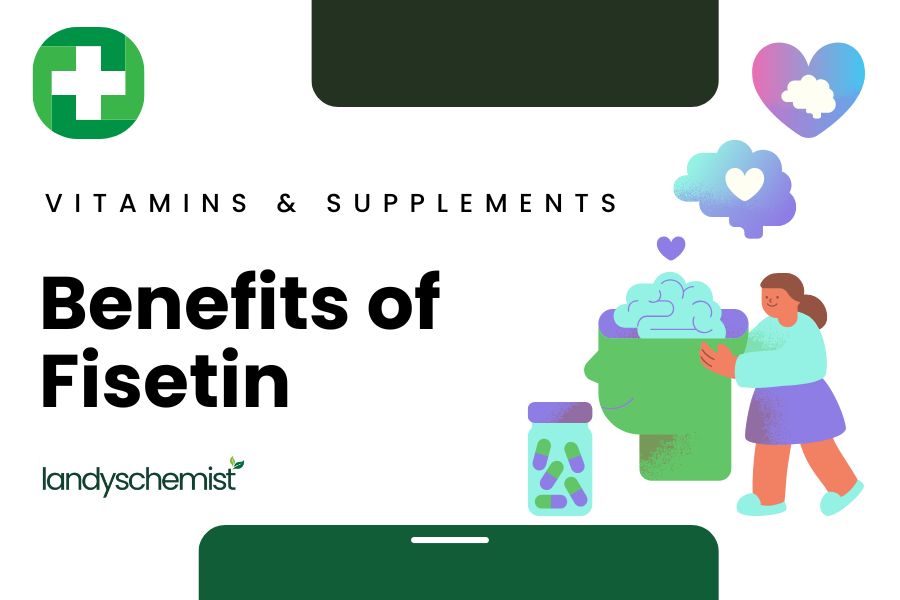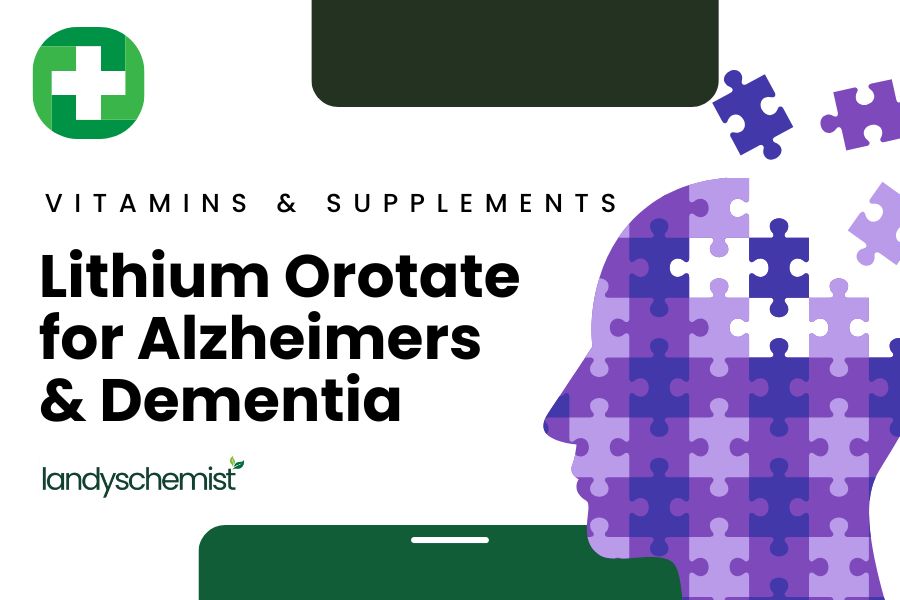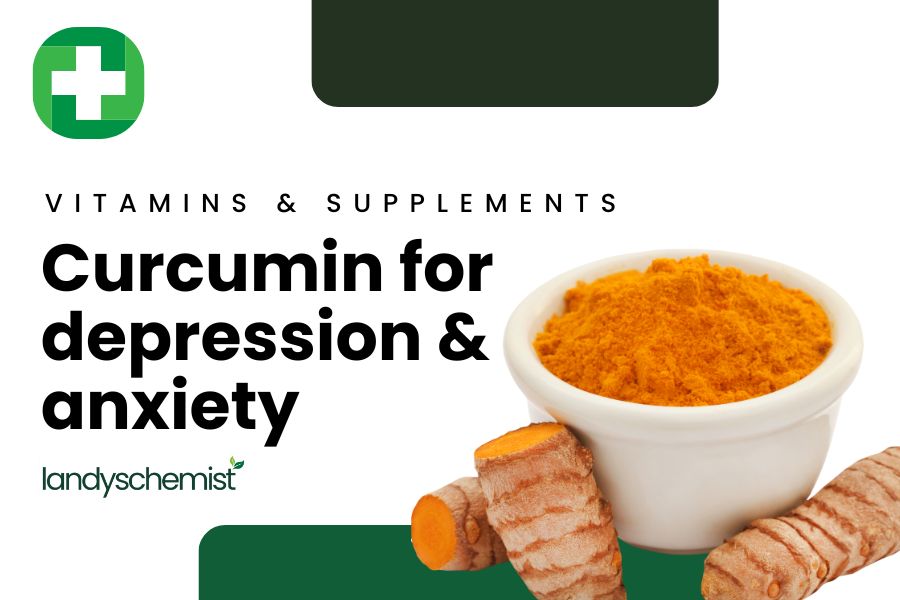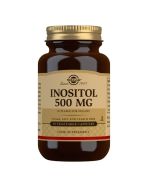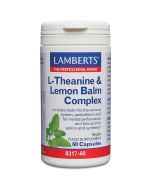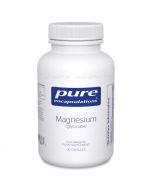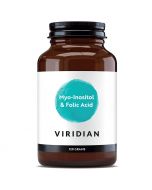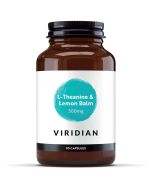
Supplements For PCOS Weight Loss
Polycystic Ovary Syndrome (PCOS) is a common condition that affects 1 in every 10 women in the UK and up to 70% of those affected remain undiagnosed worldwide.
PCOS is caused by hormonal imbalances that affect how the ovaries work. Common symptoms often include irregular periods, infertility, hirsutism, acne, thinning hair, and weight gain.
Weight gain caused by having PCOS is typically concentrated in the abdomen area (also known as ‘PCOS belly’) and it can be difficult to lose this weight.

What causes PCOS weight gain?
Women who have PCOS can gain weight because of insulin resistance and elevated hormone levels. Elevated androgen (male hormones) levels such as testosterone and high cortisol (stress hormone) levels have both been linked to PCOS-related weight gain.
Insulin Resistance
Insulin resistance is a key feature of PCOS where the body becomes resistant to insulin. Insulin helps blood sugar enter our cells where it is then used for energy. Therefore, when your body is insulin resistant, your cells do not respond to the insulin your body creates in the same way, causing your blood sugar to increase.
The build up of both sugar (glucose) and insulin in the blood result in steroidogenesis (alterations in the body’s electrolyte and water balance causing fluid retention, increased appetite, and fat deposits) and hyperandrogenism (increased levels of male hormones leading to hair growth, acne, irregular periods, and weight gain) which both closely affect body weight in women with PCOS.
The excess fat caused by insulin resistance can also encourage the pancreas to produce more insulin to keep up with the elevated blood sugar (glucose) levels. When the pancreas can not keep up with the extra insulin, there can be a risk of developing type 2 diabetes.
Elevated Androgen Levels
When our androgens (a group of sex hormones such as testosterone) levels become too high, it is known as hyperandrogenism. The ovaries in women with PCOS produce too much testosterone as a result of high insulin levels, and this causes a range of PCOS symptoms including weight gain caused by increased appetite. As testosterone is a male hormone, women with PCOS tend to gain weight in areas where men usually would, mainly the abdomen area.
High Cortisol Levels
Women with PCOS are likely to produce higher levels of cortisol (primary stress hormone) compared to women who do not have PCOS. Cortisol has a number of effects on the body apart from influencing the body’s response to stress, such as metabolism.
When the body produces too much cortisol, the brain can start to think you are in danger, and so as a response your appetite increases, your body can become insulin resistant, and your metabolism slows down. As a result, women with PCOS may notice weight gain in the midsection or abdominal area, this is also known as ‘hormonal belly’.
Best Supplements for PCOS Weight Loss
PCOS weight gain is the result of a combination of insulin resistance, high testosterone levels, and high cortisol levels. Therefore the best way you can naturally treat this weight gain caused by PCOS is by taking supplements that can help to balance these hormones and reduce insulin resistance.
Inositol
Inositol belongs to the B-vitamin complex and has recently become popular amongst women with PCOS for its ability to influence insulin signalling and ovarian androgen production, tackling a wide range of PCOS symptoms. Inositol has been found to alleviate metabolism imbalances and hyperandrogenic features of PCOS, helping to combat weight gain.We recommend taking Solgar Inositol for PCOS, or Viridian Myo-Inositol and Folic Acid if you are concerned with fertility too. We recommend taking at least 1500mg of Inositol per day.
Berberine
Berberine is a natural chemical found in some plants like Oregon grape and Turmeric. Similarly to Inositol it has become a go-to supplement for combating a range of symptoms in women with PCOS. A study found that berberine supplementation can help to lower insulin resistance, thus reducing weight gain induced by insulin and high blood sugar levels. The dosage for berberine should be between 900-1500mg and we recommend supplementing with Enzymedica’s Berberine capsules.
L-Theanine and Lemon Balm
L-theanine is an amino acid that is found in tea leaves. It influences neurotransmitters in the brain and has been linked to relieving stress and anxiety, with the ability to lower cortisol levels. Supplementing with around 200mg-400mg of L-Theanine per day can help to regulate stress levels to reduce stress-related weight gain and possibly improve insulin resistance too. Many supplements combine L-Theanine with Lemon Balm which aids in sedative and relaxant benefits, we recommended Lamberts L-Theanine & Lemon Balm Complex to lower cortisol levels in women with PCOS.
Magnesium Glycinate
Magnesium glycinate is a combination of magnesium with the amino acid glycine to offer a synergy of functions to benefit women with PCOS such as stress, anxiety, muscle cramps, and sleep disturbances. This form of magnesium is gentle on the stomach and as it manages the body’s response to stress and anxiety, it can regulate high cortisol levels, which can also be a sign of a magnesium deficiency. It is advised to 250-500mg of magnesium glycinate daily. We recommend taking Pure Encapsulations Magnesium (glycinate) due to its high quality formulation.
Spearmint Tea
Although spearmint tea isn’t exactly a supplement, simply incorporating two cups of spearmint tea into your daily routine can help to lower high testosterone levels, boost metabolism, and alleviate bloating in women with PCOS!
Summary
The causes of weight gain in women with PCOS will vary between women, but we know that the common features of PCOS including insulin resistance, high androgen levels, and high cortisol levels have been directly linked to weight gain. Therefore if you are looking to support weight loss it is important to take the right supplements to combat stubborn weight gain caused by PCOS, especially in the abdominal and facial areas of the body.
References:
https://www.nhs.uk/conditions/polycystic-ovary-syndrome-pcos/
https://www.who.int/news-room/fact-sheets/detail/polycystic-ovary-syndrome
https://www.ncbi.nlm.nih.gov/pmc/articles/PMC6734597/
https://www.ncbi.nlm.nih.gov/pmc/articles/PMC3277302/
https://www.ncbi.nlm.nih.gov/pmc/articles/PMC6734597/
https://www.ncbi.nlm.nih.gov/pmc/articles/PMC9665922/
https://pubmed.ncbi.nlm.nih.gov/22281161/
https://ncbi.nlm.nih.gov/pmc/articles/PMC5892097/
https://pubmed.ncbi.nlm.nih.gov/33818258/
https://www.ncbi.nlm.nih.gov/pmc/articles/PMC5040057/
https://www.ncbi.nlm.nih.gov/pmc/articles/PMC9159559/
https://www.mdpi.com/2072-6643/12/12/3672
https://pubmed.ncbi.nlm.nih.gov/27345309/
https://pubmed.ncbi.nlm.nih.gov/29927688/
https://www.ncbi.nlm.nih.gov/pmc/articles/PMC5546063/
https://www.ncbi.nlm.nih.gov/pmc/articles/PMC8874997/
By Rhysa Phommachanh, BA (hons) Specialist Hair and Media Make-Up / Head of Digital

